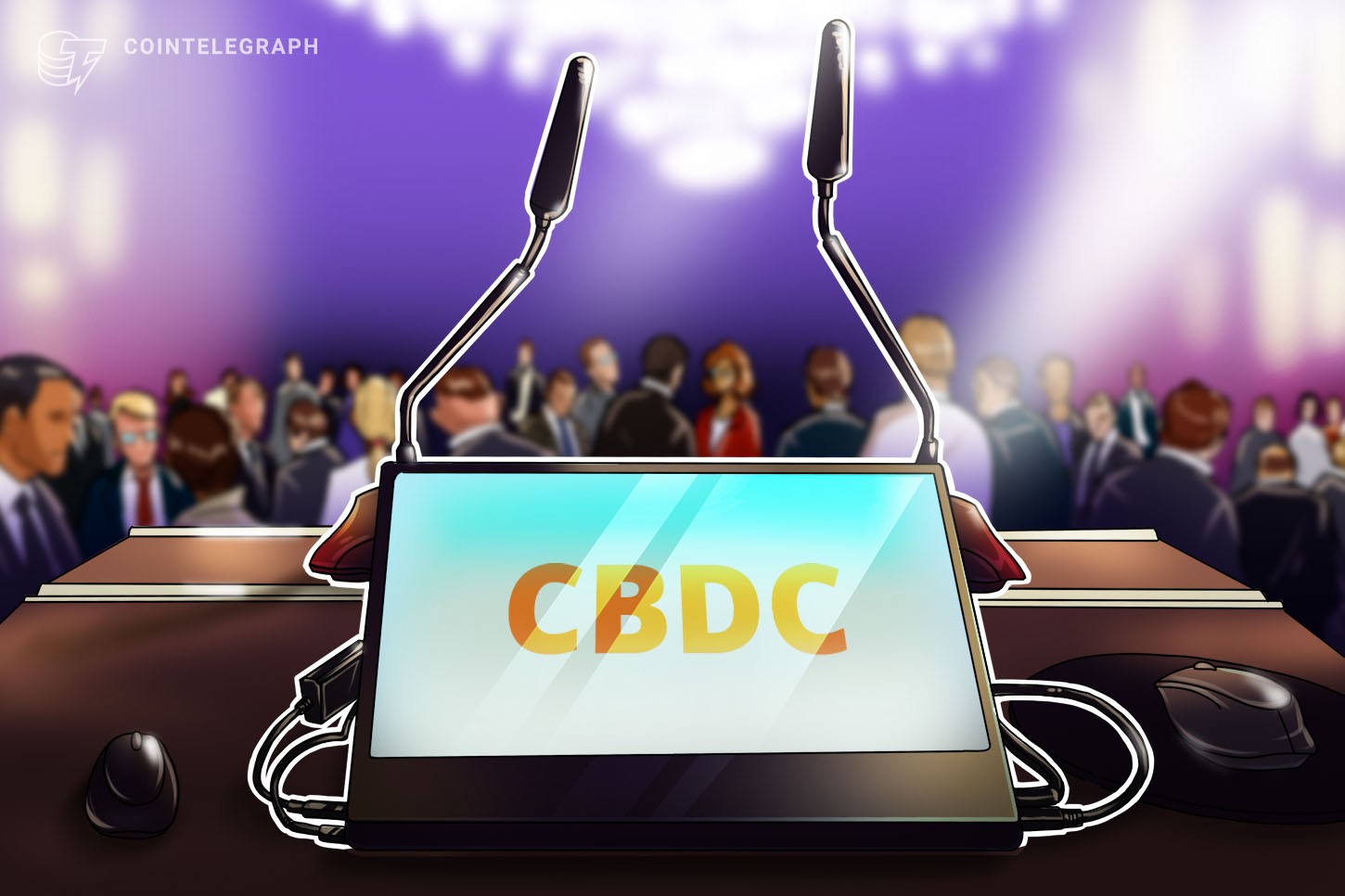Randal Quarles, vice chair for supervision of the Federal Reserve Board of Governors, said he believed neither dollar-pegged stablecoins nor digital currencies issued by foreign central banks are likely major causes for concern for the U.S. dollar.
In a prepared statement for the Annual Utah Bankers Association Convention Monday, Quarles said that foreign currencies — whether fiat or digital — would be unlikely to challenge the U.S. dollar’s role in the global economy. He cited the size of the U.S. economy, trade relationships with other nations, and “credible U.S. monetary policy” as reasons he believed even a central bank digital currency, or CBDC, issued abroad would pose little risk.
“It's inevitable that, as the global economy and financial system continue to evolve, some foreign currencies (including some foreign CBDCs) will be used more in international transactions than they currently are,” said Quarles. “It seems unlikely, however, that the dollar's status as a global reserve currency, or the dollar's role as the dominant currency in international financial transactions, will be threatened by a foreign CBDC.”
Quarles’ comments on stablecoins pegged to the U.S. dollar were also seemingly lacking urgency. Though the Fed vice chair said there was a "legitimate and strong regulatory interest in how stablecoins are constructed and managed," a U.S. dollar stablecoin could support its fiat counterpart by making cross-border payments faster and cheaper.
According to Quarles, the concerns around stablecoins — one, namely, that holders exchange a large number of coins all at once — are "eminently addressable." Even Bitcoin (BTC), to which he referred as "a risky and speculative investment rather than a revolutionary means of payment," isunlikely to affect the role of the U.S. dollar given the crypto asset has failed to become a widely accepted means of payment.
Related: New York Fed president says crypto poses challenging questions for central banks
However, rather than pushing for a CBDC issued by the Federal Reserve, Quarles implied that a federally issued digital currency would discourage innovation from the private sector as well as potentially constrict the availability of credit and many services of commercial banks. Though he did not rule out the U.S. government eventually releasing a CBDC, he added any rollout needed to be prepared to prevent illicit activity and justify the potential cost of expanding the Federal Reserve.
“The potential benefits of a Federal Reserve CBDC are unclear [...] developing a CBDC could, I believe, pose considerable risks.”
In May, Federal Reserve chair Jerome Powell said the government body would be issuing a discussion paper sometime this summer to explore the implementation of a CBDC. Powell has spoken many times about the possible ramifications of the U.S. government issuing a CBDC, saying that he believed it is more important "to get it right than it is to be first."


